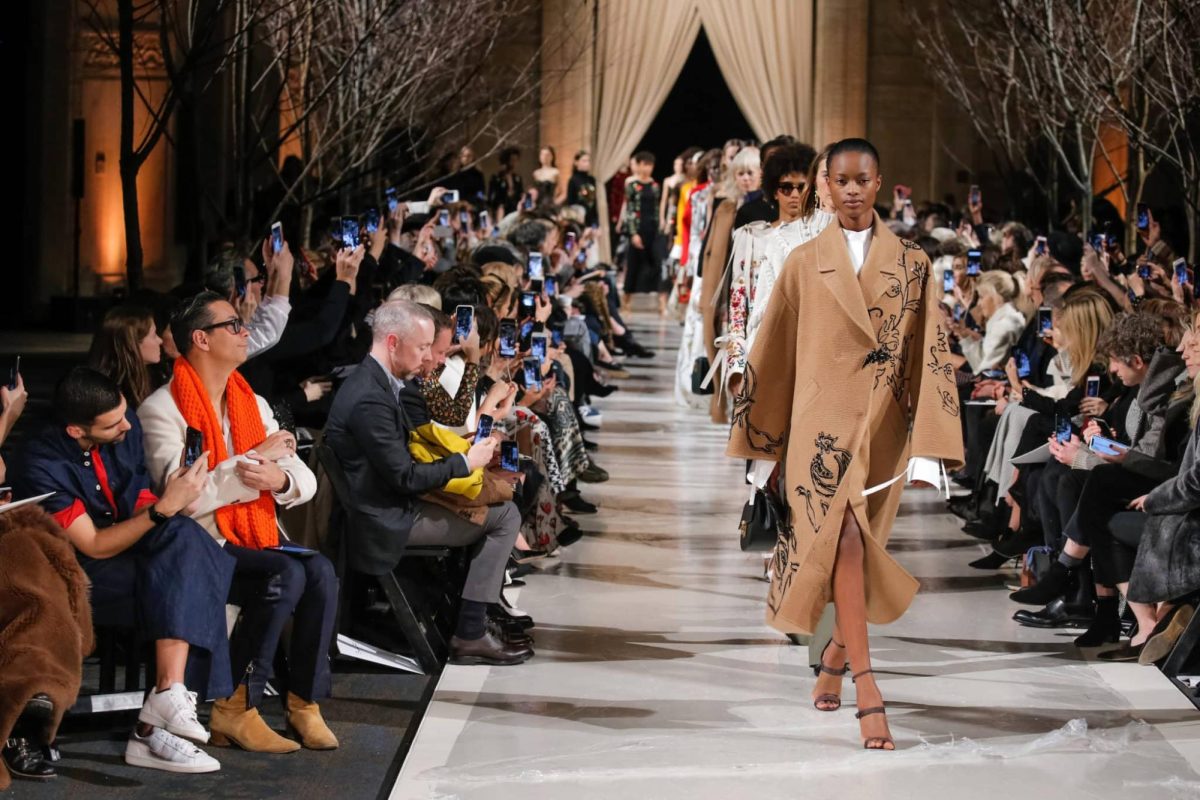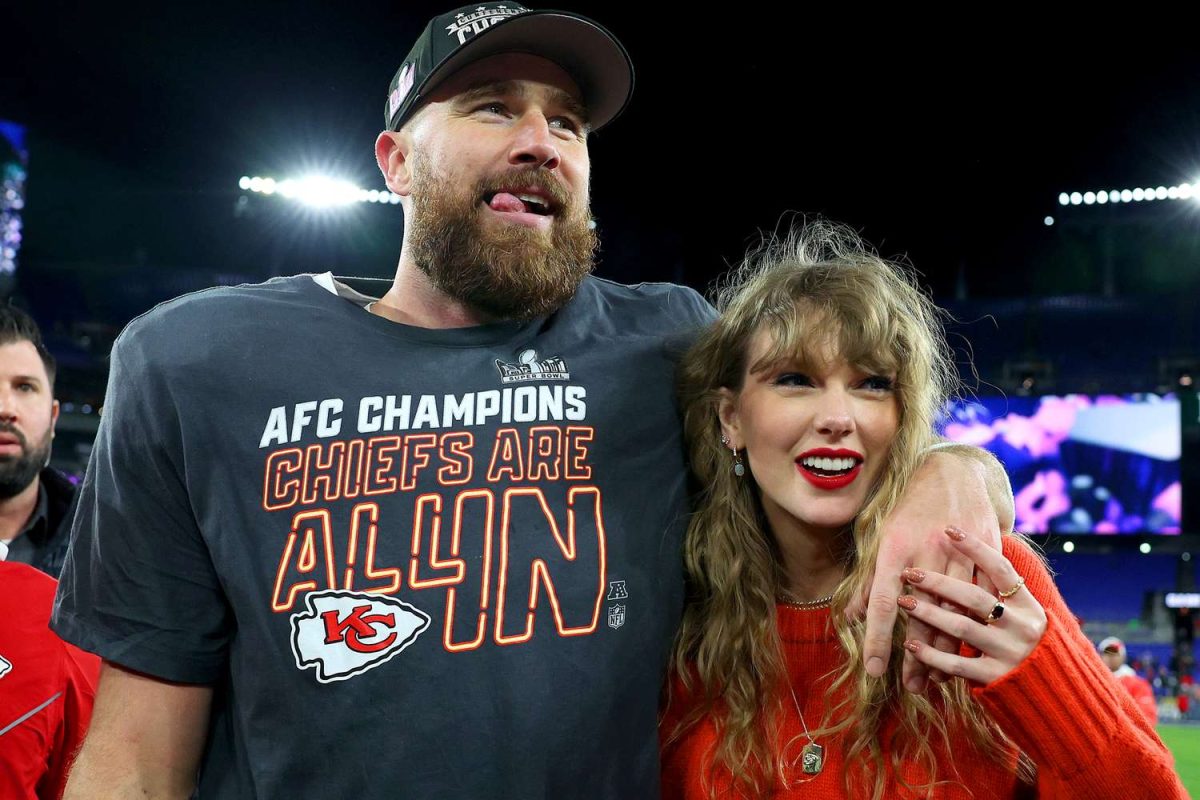Racism. Homophobia. Sexism. Classism. Transphobia. The list goes on. All of these things exist, unfortunately, everywhere. Then, why are they so hard to talk about?
Don’t get me wrong, society has made massive leaps in making sure these “isms” aren’t hidden away and not talked about. And yet, here we still are, in a world where you can be killed for who you love. So, let’s talk about it.
The word ‘hate,’ as my mom says, is a strong word. Whenever I would say, “I hate spinach,” she would reply, “Hate is a strong word,” and I would change my statement to, “I very much dislike spinach.” And ‘hate’ definitely is a harsh word, with a lot of baggage that comes with it. Hate can be directed at almost anything—food, jobs, movies, books, sweaters that your grandma got you that you have to pretend to like—but the most destructive is hatred towards other people. And it’s even more damaging when it’s hatred towards things people can’t control.
For example, racism, ie: hatred towards people who cannot control the amount of melanin in their skin. So, everyone. And what about the LGBTQIAP+ community? Homophobia—which, by the way, is an inaccurate word: it’s not a phobia, it’s not driven by fear, it’s driven by hatred—is defined as: dislike or prejudice against gay people. Or: hatred towards people who cannot choose who they love. In the words of Lady Gaga, “We were born this way.” And it’s the same with sexism, transphobia, religious prejudice, ableism, etc. All of these ‘isms’ and so-called ‘phobias’ aren’t going to change anything, because all they are is hatred towards things that are uncontrollable.
So why do so many people in this world still hate others for things they can’t change? It’s certainly a tough question with a long-awaited answer. But I didn’t write this article to destroy racism, as much as I wish that I could. I wrote this to inspire conversation. I wrote this so that people would start asking questions. Start researching for themselves. Maybe read an article about the Stonewall riots, or follow accounts like @blackmainlinespeaks on Instagram. Seek out books, podcasts, and documentaries that are by or about a woman, a person of color, a queer person, or a disabled person. A simple Google search can jumpstart a person’s understanding of the hows and the whys behind the ‘isms’ that plague our world and help them start realizing and understanding their own prejudices.
The journey to world peace isn’t one that can be made alone. We have to do it together.








